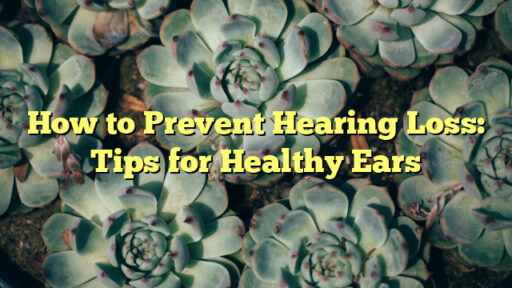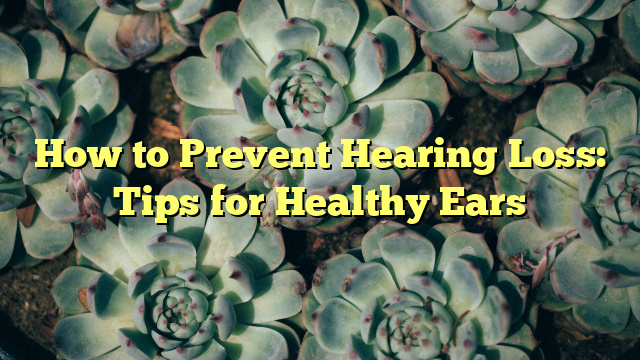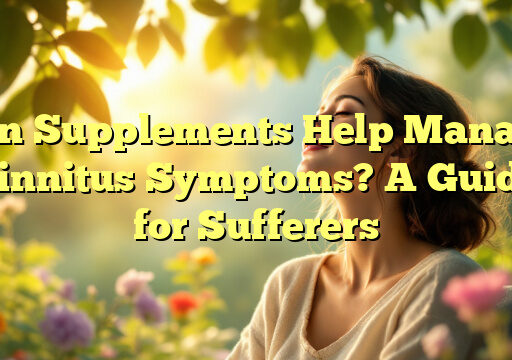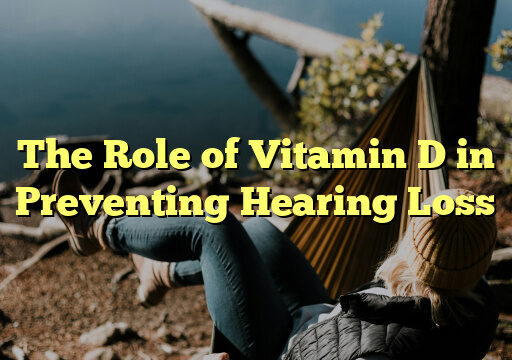Hearing loss is a common problem that affects millions of people around the world. It can be caused by a variety of factors, including exposure to loud noises, aging, and certain medical conditions. While some degree of hearing loss is inevitable as we age, there are steps you can take to protect your ears and prevent further damage. Here are some tips for maintaining healthy ears and preserving your hearing:
Avoid Loud Noise
One of the most common causes of hearing loss is exposure to loud noises. Prolonged exposure to sounds above 85 decibels can damage the delicate hair cells in the inner ear, leading to permanent hearing loss. To protect your ears, it's important to avoid or limit your exposure to loud noises, such as concerts, sporting events, and construction sites. If you can't avoid loud noises, be sure to wear ear protection, such as earplugs or earmuffs, to reduce the risk of damage.
Keep Your Ears Clean
Earwax plays an important role in protecting your ears from infection and damage. However, a buildup of earwax can block the ear canal and affect your hearing. To prevent this, you should gently clean your ears with a damp cloth or a gentle ear cleaning solution. Avoid using cotton swabs or other objects to clean your ears, as this can push the earwax deeper into the ear canal and cause damage. If you experience excessive earwax buildup or hearing loss, consult a healthcare professional for guidance.
Protect Your Ears from Water
Exposure to water can also increase the risk of ear infections and hearing loss. To prevent this, be sure to dry your ears thoroughly after swimming or bathing. You can use a clean towel or a hair dryer on a low setting to remove excess moisture from your ears. If you frequently swim or participate in water activities, consider using earplugs to prevent water from entering your ear canals and causing damage.
Monitor Your Medications
Some medications can have negative effects on your hearing. Certain antibiotics, chemotherapy drugs, and high doses of aspirin can cause hearing loss or tinnitus (ringing in the ears). If you are taking any medications that list hearing loss as a potential side effect, be sure to discuss this with your healthcare provider. They may be able to adjust your dosage or switch you to a different medication to protect your hearing.
Get Regular Hearing Check-ups
Regular hearing check-ups are essential for maintaining healthy ears and catching any potential issues early. If you notice changes in your hearing, such as difficulty understanding conversations, ringing in your ears, or muffled sounds, schedule an appointment with an audiologist for a hearing evaluation. They can assess your hearing and recommend treatments or interventions to preserve your hearing and improve your quality of life.
Conclusion
Preventing hearing loss is essential for maintaining overall health and well-being. By following these tips and taking proactive steps to protect your ears, you can reduce your risk of hearing loss and maintain healthy hearing for years to come. Remember to avoid loud noises, keep your ears clean, protect your ears from water, monitor your medications, and get regular hearing check-ups to preserve your hearing and enjoy a vibrant life.
FAQs
Q: Can hearing loss be reversed?
A: In some cases, hearing loss can be partially or fully reversed with treatments such as hearing aids, cochlear implants, or medical interventions. However, prevention is key to preserving your hearing and avoiding further damage.
Q: Are there any natural remedies for hearing loss?
A: While some natural remedies, such as certain vitamins and antioxidants, may support overall ear health, there is limited scientific evidence to support their effectiveness in reversing or preventing hearing loss. It's best to consult with a healthcare professional for personalized recommendations.
Q: How common is hearing loss?
A: Hearing loss is a prevalent condition that affects millions of people worldwide. It can impact individuals of all ages, from infants to older adults, and can be caused by a variety of factors, including genetics, aging, and environmental exposures.
Unlock the Secret to a Peaceful Life




